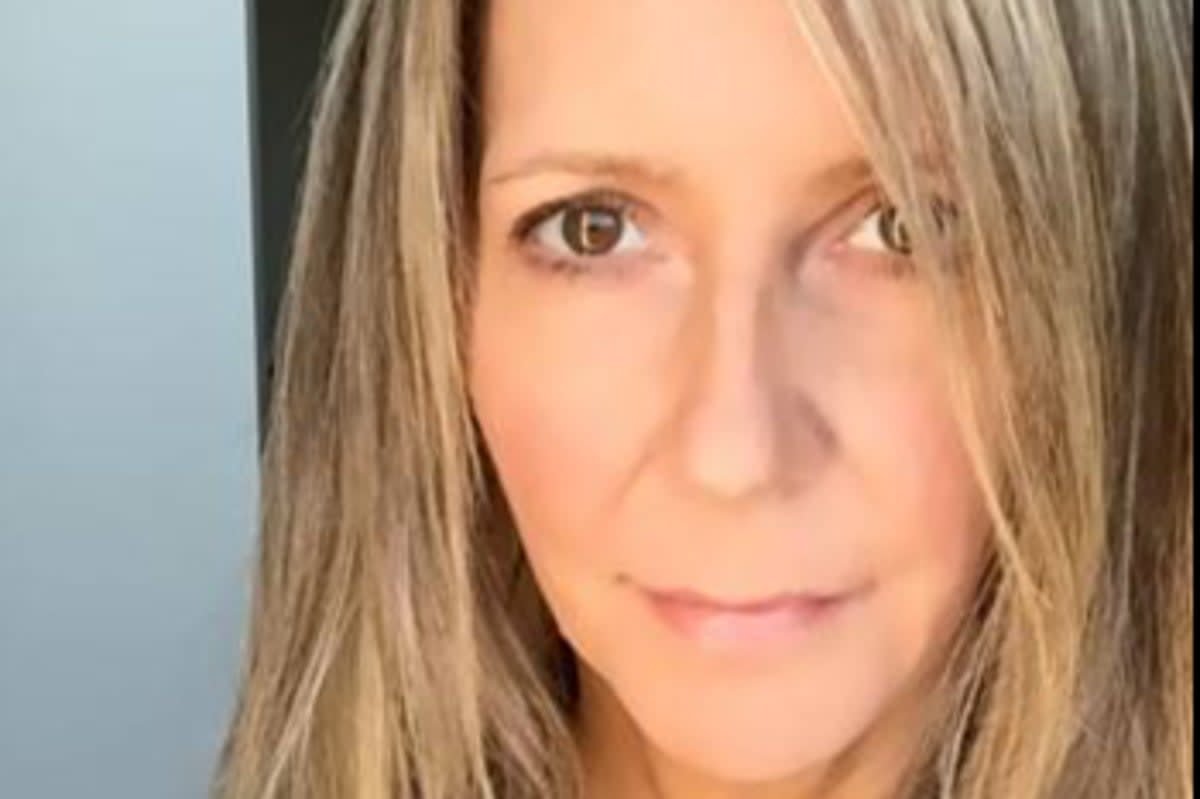Priory didn’t tell suicide victim’s family that she had left hospital

A Chelsea businesswoman with a history of depression took her own life after she was discharged from the exclusive Priory clinic without her family and friends being informed, a coroner has found.
Annabel Findlay, 56, had been under the care of psychiatrists for more than three years before she was admitted to the Priory Hospital in Roehampton for in-patient treatment in August 2021.
But just a week later she discharged herself, and the hospital did not alert Ms Findlay’s emergency contact or next of kin to the fact she was going home alone.
She was found dead ten days later, and Assistant Coroner Jake Taylor ruled it was a case of suicide.
Mr Taylor has now written to Priory bosses, highlighting the failings in Ms Findlay’s case and warning of possible future deaths.
The inquest heard Ms Findlay, who ran her own bespoke photography firm and had worked in the past for publisher Conde Nast UK, had a “history of psychiatric illness and a long history of depression”, and was prescribed anti-depressant medication.
She was admitted to the Priory on August 20, 2021 after a referral from her GP, but discharged herself on August 27 “despite the requests of her treating psychiatrist for her to remain so that her response to her change of medication could be monitored”, said the coroner.
“At the time of discharge, no significant risks were identified and Ms Findlay was deemed to have capacity and was deemed fit for discharge. A discharge plan was put in place.
“The discharge plan for Ms Findlay included that she was to contact the hospital to make an outpatient appointment. She was also discharged with a week’s supply of medication. A discharge summary was sent to her GP.
“During the course of the inquest, the evidence revealed matters giving rise to concern. In my opinion there is a risk that future deaths could occur unless action is taken.
“Although a discharge plan was implemented in Ms Findlay’s case, it would appear that steps were not taken to contact her emergency contact and/or next of kin, such as to facilitate Ms Findlay being supported in the community upon discharge.
“Ms Findlay, having discharged herself, left the hospital with next of kin/ emergency contacts not being aware of her discharge – despite her emergency contact being the person who had transported her to the Priory Hospital.
“No follow up appointment was made prior to Ms Findlay’s discharge and no attempts were made to contact her following her discharge until 6 September 2021.”
The Priory Hospital has been given until late April to respond to the coroner’s concerns.
A hospital spokesperson said: “We would like to reiterate our deepest condolences to Ms Findlay’s family and friends.
“While we would always urge against a patient discharging themselves against clinical advice, we undertook a thorough review following Ms Findlay’s death and strengthened the way we ensure follow up calls are made to patients post discharge in accordance with our policy.
“This plan has now been shared with the Coroner to provide assurances that recommendations have been actioned.”


